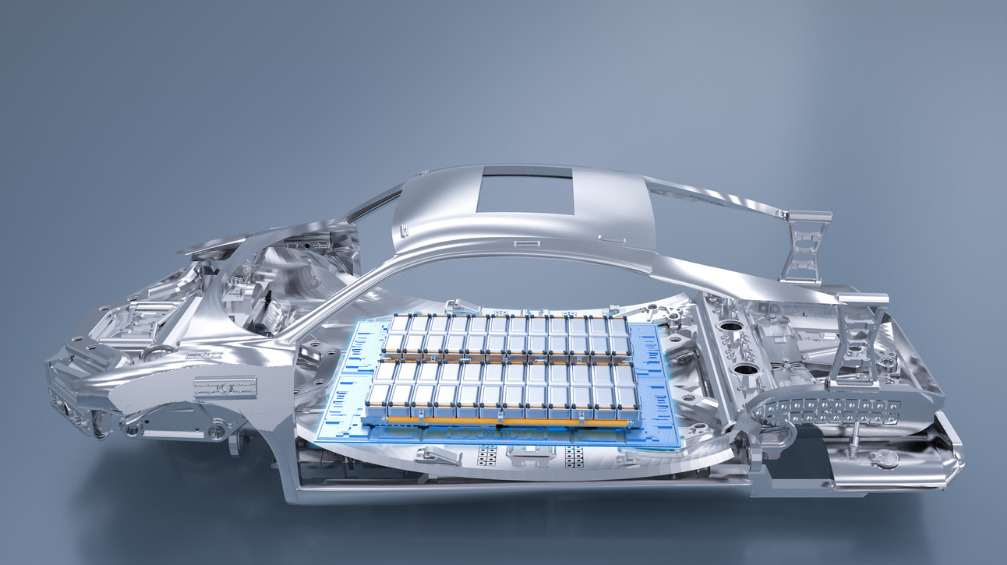
In the dynamic landscape of battery energy storage, two contenders vie for supremacy: Solid-State Battery vs Lithium-Ion. These powerhouses fuel our devices, electric vehicles, and renewable energy systems. But what truly sets them apart?
Buckle up as we delve into the science, safety, and market dynamics that define their rivalry. From electrolytes to longevity, let’s explore the electrifying differences and learn how Alsym is helping to change the future of energy.
Solid State Battery vs Lithium Ion: Unraveling the Differences
As you know, the battery landscape is undergoing a revolution with the emergence of solid-state technology, challenging the dominant reign of lithium-ion batteries. But what are the key differentiators between a solid-state battery and a lithium-ion battery?
Well, the main difference lies in their electrolyte composition but instead of focusing on the difference right away, let’s dive deeper to understand these batteries.
-
Electrolyte Composition:
- Lithium-Ion Battery: Use a liquid electrolyte to conduct lithium ions between the cathode and anode.
- Solid-State Battery: Employ a solid electrolyte instead of a liquid, resulting in a lighter overall weight and higher energy density.
-
Energy Density:
- Solid-State Battery: These can pack up to twice as much energy as lithium-ion batteries, especially when replacing the anode with a smaller alternative.
- Lithium-Ion Battery: These have lower energy density compared to solid-state batteries.
-
Longer Lifespan:
- Solid-State Battery: Their solid electrolytes are less reactive, leading to longer lifespans.
- Lithium-Ion Battery: Typically has a limited number of charge cycles.
- Safety:
- Solid-State Battery: Safer due to reduced risk of thermal incidents.
- Lithium-Ion Battery: Prone to safety issues like overheating, swelling, and fires.
- Market Dominance:
- Solid-State Batteries: Offer advantages in performance and safety, but lithium-ion batteries remain dominant due to established infrastructure, cost-effectiveness, and continuous optimization.
Exploring Alsym’s Non-Lithium Battery Technology
Alsym Energy has developed an innovative low-cost, high-performance rechargeable battery chemistry that’s ideal for stationary storage applications.
Alsym Energy’s cutting-edge technology avoids many of the issues that surround both traditional and solid-state lithium-ion batteries and uses no lithium or cobalt. By using readily available, inherently non-flammable, and non-toxic materials, we’re working to deliver performance comparable with lithium-ion at a much lower cost, making electrification more affordable for everyone.




